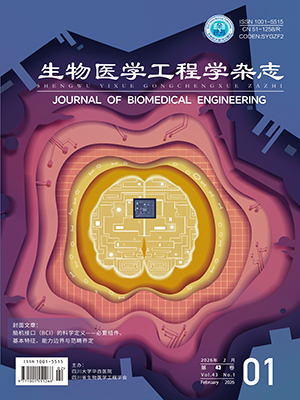Artificial intelligence-enhanced brain-computer interfaces (BCI) are expected to significantly improve the performance of traditional BCIs in multiple aspects, including usability, user experience, and user satisfaction, particularly in terms of intelligence. However, such AI-integrated or AI-based BCI systems may introduce new ethical issues. This paper first evaluated the potential of AI technology, especially deep learning, in enhancing the performance of BCI systems, including improving decoding accuracy, information transfer rate, real-time performance, and adaptability. Building on this, it was considered that AI-enhanced BCI systems might introduce new or more severe ethical issues compared to traditional BCI systems. These include the possibility of making users’ intentions and behaviors more predictable and manipulable, as well as the increased likelihood of technological abuse. The discussion also addressed measures to mitigate the ethical risks associated with these issues. It is hoped that this paper will promote a deeper understanding and reflection on the ethical risks and corresponding regulations of AI-enhanced BCIs.
Citation: CAO Yuyu, XUE Yuhang, YANG Hengyuan, WANG Fan, LI Tianwen, ZHAO Lei, FU Yunfa. Ethical considerations for artificial intelligence-enhanced brain-computer interface. Journal of Biomedical Engineering, 2025, 42(5): 1085-1091. doi: 10.7507/1001-5515.202507024 Copy
Copyright ? the editorial department of Journal of Biomedical Engineering of West China Medical Publisher. All rights reserved




